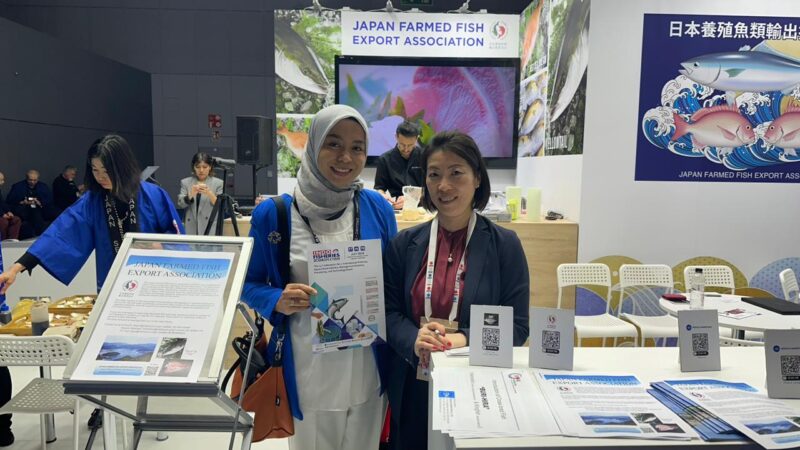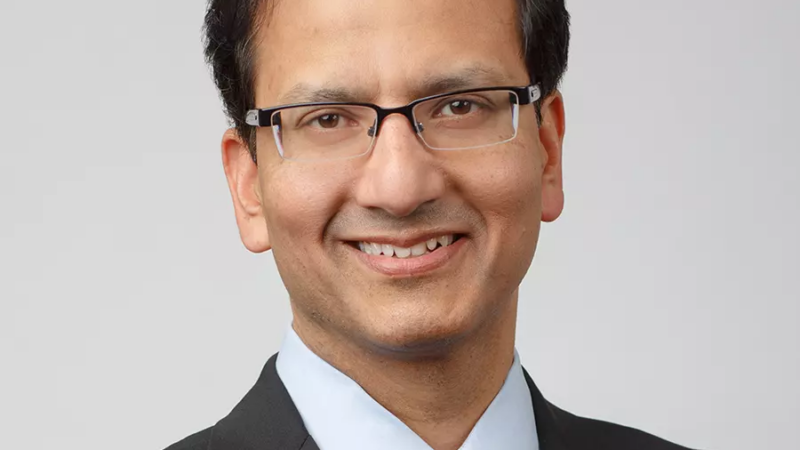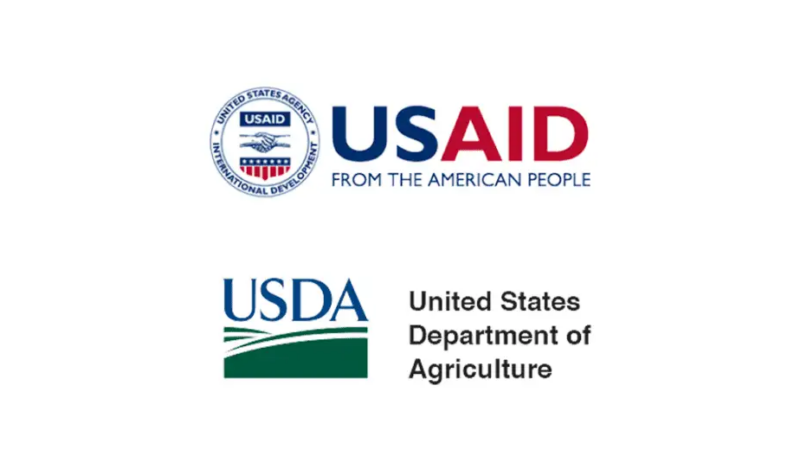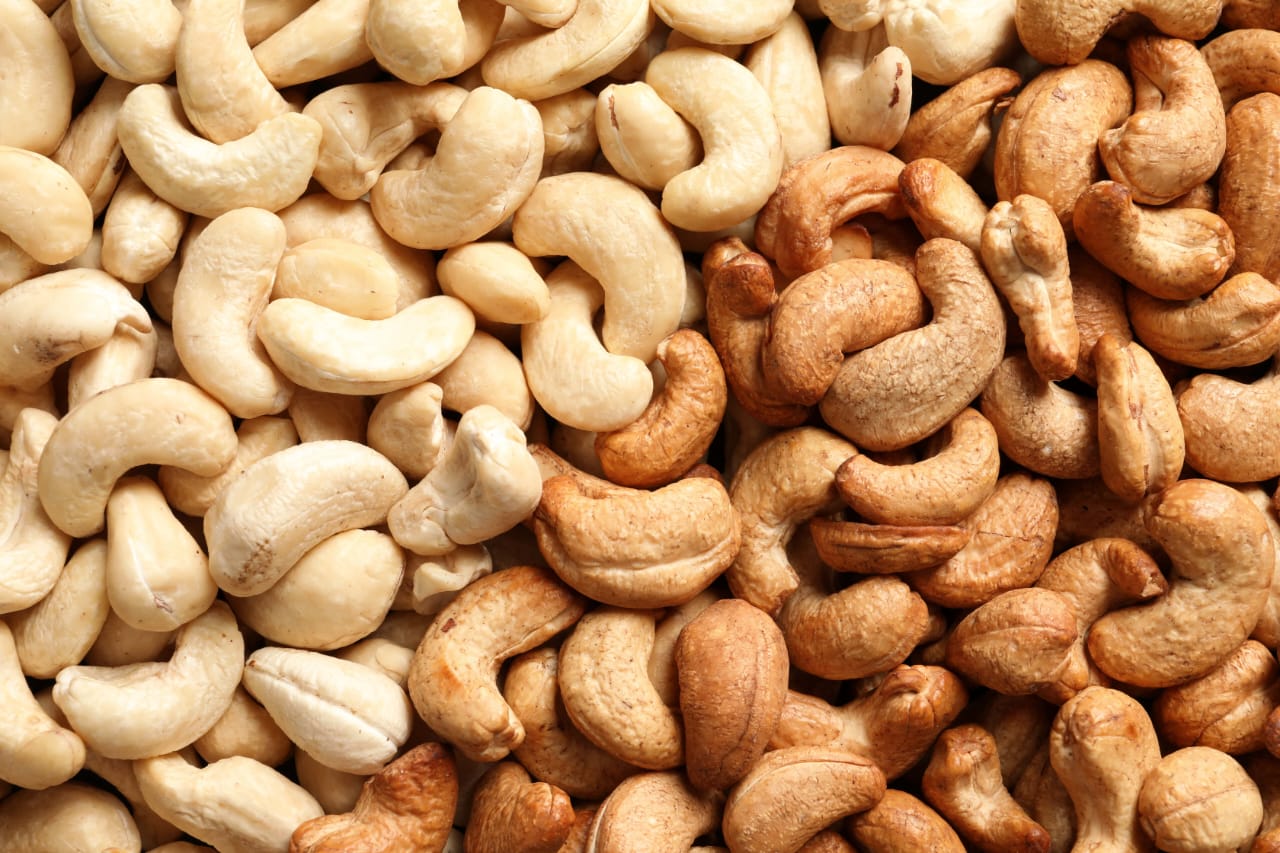
As part of its efforts to help improve the culture for quality in the Ghanaian cashew value chain in the face of fluctuating prices and other challenges, the United Nations Industrial Development Organization (UNIDO) with funding from the Swiss Government is implementing the Global Quality and Standards Programme (GQSP) in Ghana with the cashew value chain actors to assess the quality awareness utilising the UNIDO developed culture tool.
As a follow-up, the programme implementers organized a roundtable conference here in Accra to discuss with all the main actors the key findings of their assessment and help them establish modalities for improving the quality culture and entrenching the available standards, among others.
The discussion came at a time when actors believe that government must help to address cashew price fluctuations and disparities in the local market to protect farmers’ interest and guarantee them sustainable livelihoods.
The discussion brought in more than 35 key stakeholders from government agencies, academia, farmers and the private sector, to discuss the culture for quality in the Ghanaian cashew value chain.
Speaking at the roundtable conference, Chief Technical Advisor, Global Quality and Standards Programme (GQSP), Ama Nyame Mogyabun explained that the programme will help improve the culture for quality in the Ghanaian cashew value chain in the face of fluctuating prices and other challenges such as export competitiveness and standards compliance of SMEs to facilitate their access to international market.
She emphasised that the programme is aimed at assessing the culture for quality in the selected value chains using a UNIDO developed tool.
“The tool will help to establish quality awareness with the industry as well as the challenges of Small and Medium Sized Enterprises (SMEs).
“UNIDO will then intervene to help increase quality awareness in the industry by addressing the identified challenges with SMEs in the cashew, oil palm and cocoa value chains; through three complementary expected outcomes which include: technical competence and sustainability of national quality infrastructure system and selected value chains are enhanced, SMEs compliance with international standards and technical regulations is enhanced and also make sure awareness for quality is enhanced in Ghana.
“Based on the work we did, we realised that the value chain areas requiring the most intervention are quality infrastructure institutions and enterprises within the supply value chain” she revealed.
Deputy Director, in charge of Operations at the Tree Crops Development Authority (TCDA), Foster Boateng explained that the TCDA was inaugurated in September 2020, as a regulatory body for six tree crops namely Cashew, Shea, Mango, Coconut, Rubber, and Oil palm.
“We are still fine tuning our five-year National Tree Crop Strategy for the various sectors with our industry players within the cashew value chain to help develop the potentials of the local cashew subsector.
“We are also developing a digital platform to consolidate all cashew farmers and eliminate the problem of geographic boundaries. With this achieved, we can interact with stakeholders consistently while providing them resources to increase productivity.
“We all need to help strengthen the governance structures of the cashew value chain Associations and facilitate dialogue between producers and buyers” he added.
Trading and Surveillance Officer at the Ghana Commodity Exchange, Wendy Malm explained that their work is more of connecting Markets, connecting people and providing opportunities for cashew traders in Ghana.
“The open and accessible price discovery system offered by GCX will reduce the difficulty that farmers, processors and traders of cashew face when it comes to determining the price of cashew” she point out.
Scientific Officer at the Ghana Standards Authority, Nathaniel Kofi Brakoh mentioned that quality and standard can be achieved if we develop and improve our infrastructures within the value chain.
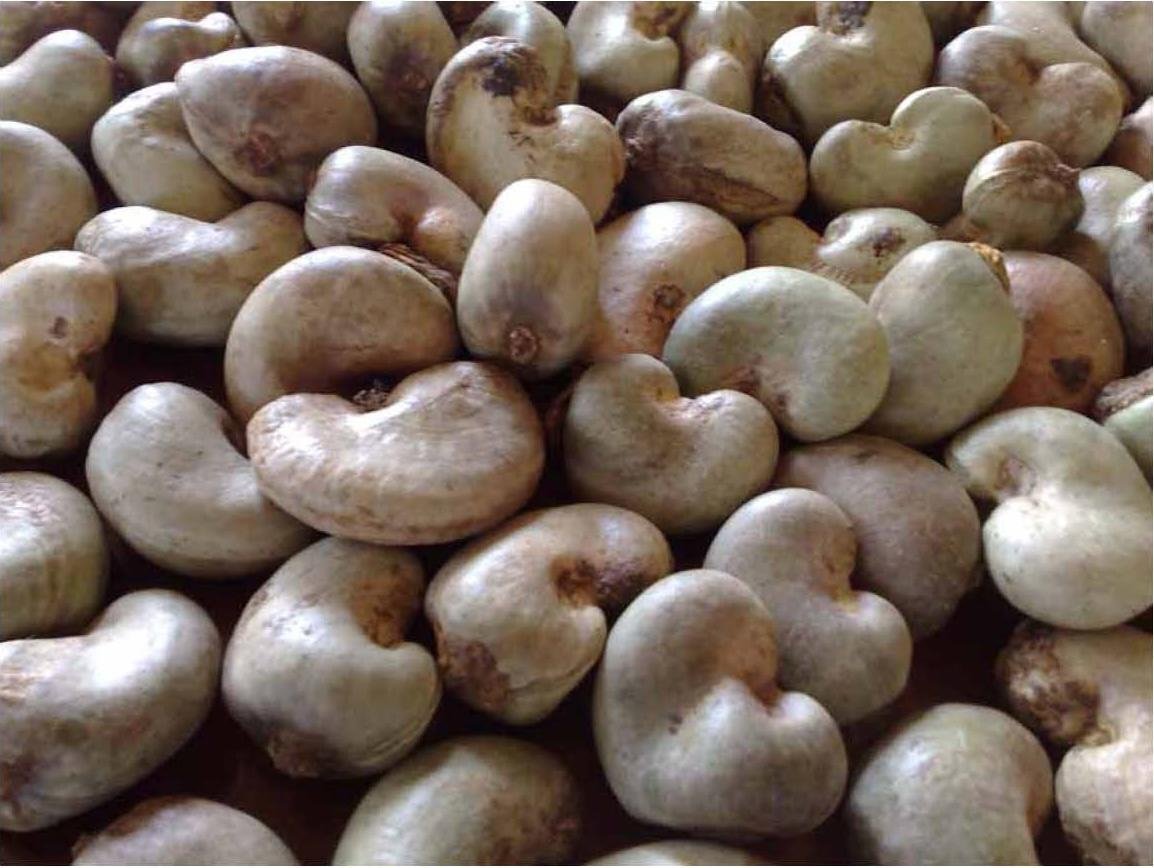
“Other crops such as cocoa and palm nuts have standards and regulations, so we thought it wise that we also regulate cashew to enable the country to reap more benefits from it” he said.
Coordinator, Global Quality and Standards Programme Ghana, Abena Safoa Osei in her closing remarks thanked the over 35 stakeholders representing the various actors for their time and rich contributions to help structure the cashew value in Ghana and beyond.
“I strongly believe that farmer’s and cashew processors’ lives will improve with the introduction of quality and standards culture in the Ghanaian cashew value chain” she added.

